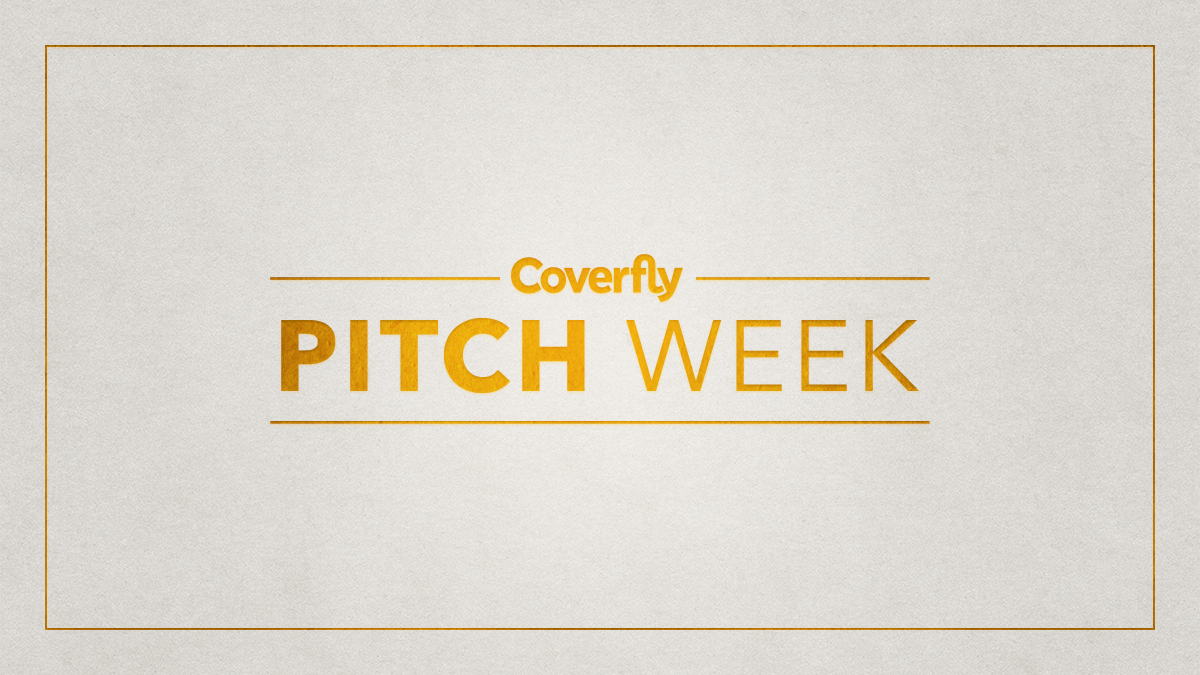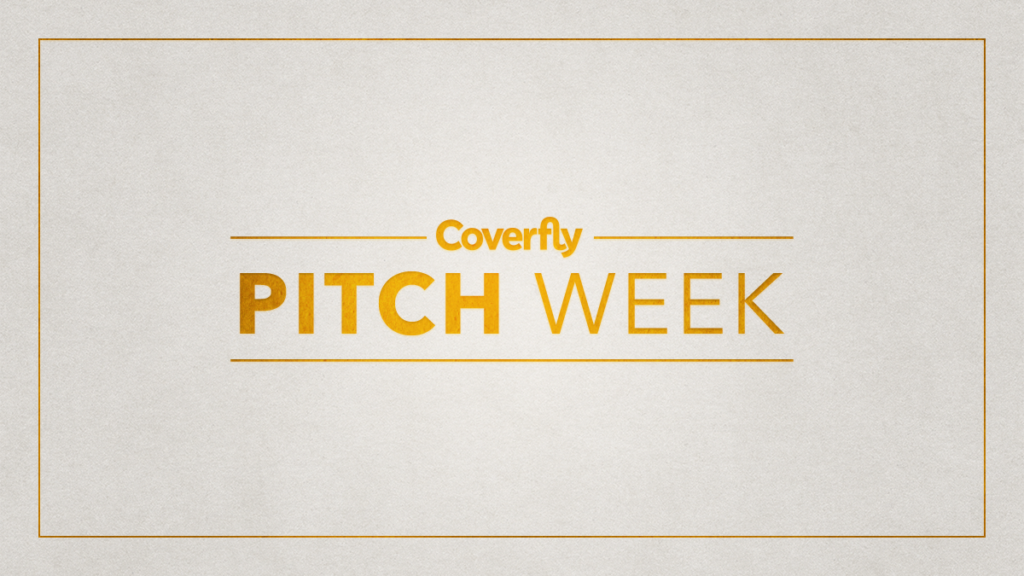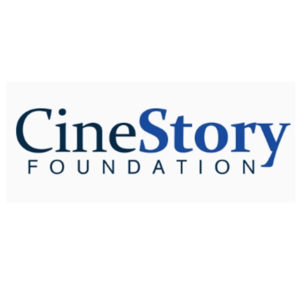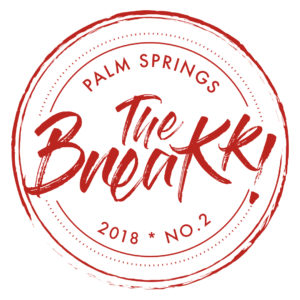It’s hard to believe Career Lab 2.0 is over. It’s been quite the journey from learning how to develop your voice as a writer to maintaining a career once you’ve “made it”. We made this a 6 week event to help writers delve deeper into craft and career so you would walk away with a clear and personalized strategy of how to move forward in your goals, whether that’s finding representation or simply building out your portfolio.
While you’re able to rewatch any of the Pro Talks on the Career Lab, we also thought it best to summarize key takeaways from each Session of Career Lab:
Session 1: Straight Talk about Writing in Your Voice, a Conversation with Ed Solomon.

Session 1 focused on helping writers find their voice. Voice is your unique perspective woven into the story through your choices on focus, characters, and description.Your voice is the atmosphere of your script and evolves as you evolve as a writer. And the only way you can develop your voice is by writing. While it takes a lot of scripts before your voice starts to emerge, Ed Solomon had a few tips:
- Write what you’d like to know
- Write from a place of expansion
- Write where you’d like to be
- Just write. You can’t just write when you’re feeling inspired. That’s a pretentious way to procrastinate. You have to do the work.
- Think about who you are as a human being and how you articulate and make others feel that - when you make others feel, you are expressing your voice.
If you still feel lost on where to start, here’s an Ed Solomon-recommended exercise:
As you start working on a script, think about 3-5 movies you were inspired by. For each movie, watch it once to see how it makes you feel. After a few days, watch it again, paying attention to the structure of the movie and how it functions with the emotional journey. Watch it a third time with a writing software open and transcribe the movie. That last step could take some time (6+ hours), but what you learn from this exercise is incredible.
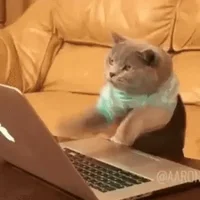
A recurring theme:
You Just Gotta Keep Writing
Session 1 Resources (check them out)
- Pro Talk: Discover Your Voice
- “Define Your Voice” Worksheet
- Scott Myers presents: Narrative Voice Using Screenplay Style to Express Your Voice.
- Pro Tip: If you haven’t read his blog yet, you’re missing out on some valuable screenwriting information.
- Presentation Notes from the Pro Talk
Session 2: How the Industry Really Works, a Conversation with Gabriela Revilla Lugo and Cate Adams

This session focused on helping you get a sense of the entertainment landscape. Whether you’re pursuing a TV or Film track, make sure:
- You have a solid script as your calling card with at least two other great scripts in your portfolio to show your talent
- If you get an interview or meeting, make sure you do your research on the studio/show/showrunner/executive/titles so you know what you can bring to the table.
- Talk about your personal connection to the material, whether it’s yours, an OWA, or a TV Show and know why you should be the one to write it.
- Don’t take it personally if you don’t get a job. Most of the time you don’t get a job isn’t because of your talent. It could be a budgeting issue, or something else. Be persistent.
- Build your network and be humble. Many jobs are found through referrals and connections, so don’t be afraid to put yourself out there and be open to receiving and taking notes.
There were so many other great lessons and insights from this talk. If you want to get a better idea of what it takes to get staffed in a writer’s room, how to get your indie feature off the ground, or learn more about Open Writing Assignments (OWA), rewatch this Pro Talk!
Session 2 Resources (check them out):
- Pro Talk: How the Industry Really Works
- Presentation Notes from the Pro Talk
- “Finding your way in TV” Worksheet
- “Finding your way in Film” Worksheet
Session 3: Building Your Essential Career Toolkit, a Conversation with Matt Lieberman and Richard Kahan

For Matt Lieberman and Richard Kaha, the biggest difference between professional writers and hobbyists is discipline: having the discipline to have and keep to a regular writing schedule. It doesn’t mean you have to write everyday, but you have to write regularly. This is work, after all. If you want screenwriting as a career, you absolutely need these in your toolkit and skillset:
- A regular writing and script-reading schedule
- A group of people you can get honest feedback from.
- Thick skin - writing is rewriting
- Knowing how to Pitch yourself and your projects (this includes knowing how to craft loglines)
- Networking - your network is so important. Cultivate your relationships, and be normal.

Don’t do this.
Session 3 Resources (check them out):
- Pro Talk: Building Your Essential Career Toolkit
- “Building Essential Services” Worksheet
- Key Takeaways from Workshops - Workshop Notes
Session 4: What Makes me Sign a Writer, a Conversation with David Baggelaar and Pamela Goldstein

So what is the difference between an Agent and a Manager anyway? Generally, Agents are licensed and legally permitted to negotiate contracts for work. They are the primary dealmakers for writers. A lot of times, Agents sign clients that are recommended by managers, after a writer has built up a portfolio for themselves.
Managers are more involved with writers on a day-to-day basis. They help provide career guidance, give notes, track down pieces of IP, and provide business management. Managers are like partners in crime.
Once you’re ready to find representation, first do your research. Your manager or agent will be working closely with you, so you want to make sure you’ll be working with someone you get along with. If you’re sending out cold queries, keep them short, sweet, and personalized. They’ll know if you’re sending out the same letter to 300 other people. And set your expectations. Just because you’re signed doesn’t mean you’ll be showered with deals and assignments. Sometimes it can take years for that first job to happen. Just remember...

Session 4 Resources (check them out):
- Pro Talk: What Makes Me Sign a Writer
- “Getting Signed” Worksheet
- Key Takeaways from Workshops - Workshop Notes
Session 5: Getting Your First Job

In Session 5 and Session 6, we had two separate tracks, Television and Feature Films, to provide more focused insights for writers. In Session 5, we talked with Ed Ricourt on how to get your first job in film, and Simran Baidwan on how to get your first job in television.
Getting Your First Job in TV
In our TV conversation with Simran Baidwan, in getting your first job, she recommends that you first understand how TV is made. From the spec to studio to writers rooms to production, knowing how TV is made helps you understand your role as a TV writer better.
You should also follow writers and TV shows on social media. It’s a great way to get to know people, and some folks are even putting out jobs and opportunities through Twitter.
Most importantly, you need to connect with people and build your network. Have your connections understand what you want to do, who you are, what you can do for them, and what they can do for you. Don’t forget this is a two-way street! Listen, have a positive attitude, be a problem solver (not just a problem identifier), and be helpful.
Simran also had excellent advice and insight on the TV interview process and how to move up in the industry from support staff to showrunner, which alone makes the Pro Talk worth rewatching. But our favorite piece of advice from Simran:
“There is no one way to get into the industry. It’s work, and it’s a hustle, but start somewhere, and other opportunities will come along.”
Getting Your First Job in Film
In our Conversation with Ed Ricourt, getting your first job in film means starting with an idea or a pitch. If it’s good and it passes through the gauntlet of readers, managers, executives, etc., then you get business. But how do you know when your script is ready? It takes a lot. You have to know your craft, you have to have read a lot of scripts so you have a sense of how yours is, and you always have to be learning and writing and improving at your craft. Make sure to hold onto that script until it’s ready to go.
Once it’s ready to go and you start pitching, make sure you practice your pitch. Know why your project should exist today, what it’s about, or why you should be the one to write it. Say your pitch out loud and practice, practice, practice. And if you get told “no”, don’t take it personally. Film is a “no” business, it is a very risk averse business. Those “nos” aren’t about you or your project.
Most importantly, as you’re pitching and taking meetings, you should always be honing your skills and writing constantly to build your body of work. You have to establish trust and show you have a track record of being able to constantly put out scripts. It shows executives that you can execute your ideas.
But don’t forget to live your life! Your scripts are your interpretation of the world around you.
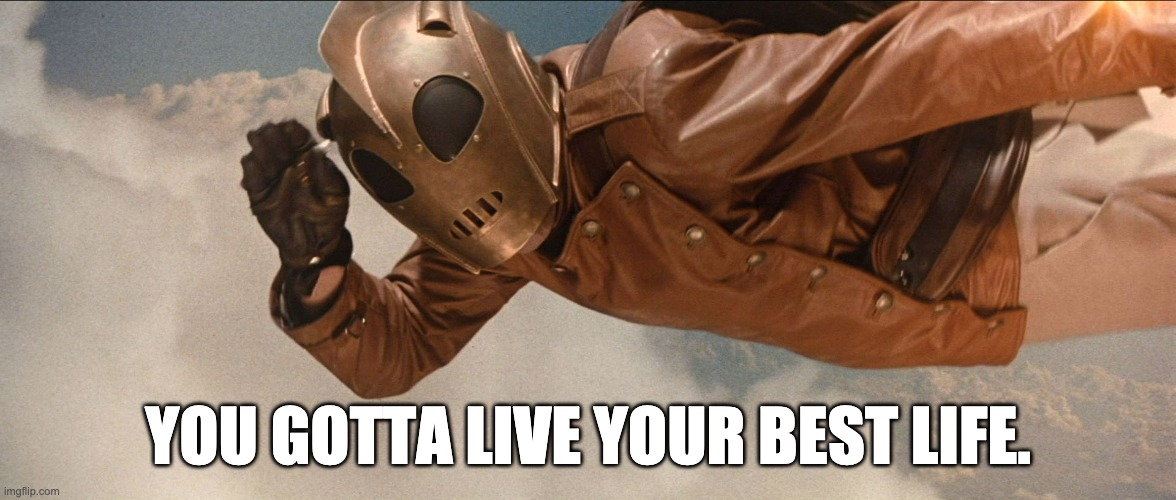
Want to hear what Ed said about chasing the money or to listen to how he wrote and sold “Now You See Me”? Rewatch the Pro Talk!
Session 5 Resources (check them out):
- Pro Talk: Getting Your First Job in Film
- Pro Talk: Getting Your First Job in TV
- “Preparing for Your First Job” Worksheet
- Key Takeaways from Workshops - Workshop Notes
- Emily Carmichael’s Slide Deck on Outlining an Action and Adventure Film
Session 6: Maintaining and Growing Your Career

After learning how to get your first job, you want to know how to maintain your career! For our final Career Lab Session, we had two separate Pro Talks where Billy Ray and Judd Apatow discussed tips for building and maintaining your career in Film and Television.
Maintaining and Growing Your Career in TV, a Conversation with Judd Apatow
Judd has had a storied (ha) career in both television and film. As you move through your career, Judd recommends that you adjust and pay attention to what you’re good at. Sometimes it’s not what you expect. For example, Judd started out wanting to be a stand-up comedian, but by paying attention to what he was good at (and getting paid for), he was able to grow and maintain his career into what it is today.
But to really have a long-lasting career, you need to have passion for your work and not just do it for the money. This one of the big takeaways: if you want to survive in a writer's room, come prepared to work. Be the writer who reads the scripts and reference materials well beforehand. Make notes in the script. Come up with a variety of improvements and ideas. Then, enter with a collaborative spirit ready to build something exciting. Strangely, Judd mentioned that many writers will not take these steps and will not find themselves called back for a second season.
Why you are writing is more important than the kind of writer you are - are you doing the work to dig in and be brave and vulnerable? Are you leaving your ego at the door? Have a good heart and be respectful.
In addition to being a good person, you always have to be learning, reading, managing your time, and writing. Judd’s biggest tip for new writers to keep moving forward: always be working on the next thing. You should be writing because you like writing, and you want to write for yourself. As you write, you can only get better. And the hard part about this is getting good, not finding someone to read your script. When you have something great, people will notice. So write and finish things.

Aaaaaah. More writing.
Maintaining and Growing Your Film Career, a Conversation with Billy Ray
Billy Ray started the Pro Talk with a bang, giving a high-level overview about story structure, boiling it down to a single question: What is the simple, emotional journey? Think about what is broken about your main character that only your movie can fix.
For Billy, screenwriting is meant to elicit emotions from other people. As people are reading your script, if they’re responding intellectually, your script isn’t ready. Once people start responding emotionally, you’re getting closer. And if people say they enjoyed your script, they’re lying. You’re looking for those emotional responses!
Understand that screenwriting is hard work. Billy talked about his research and writing process, emphasizing that sometimes you just have to grind, and that’s the only thing you have control over. Don’t think of writing as art, think of it as work, and have respect for your craft. Saying you can only write when you’re inspired is a pretentious way to procrastinate. (Sound familiar?) So do the work, and never write a movie you wouldn’t pay to see!
As you build your career in film, know that it’s an expensive and collaborative business - it may be your script, but it’s their movie. So leave your ego at the door and don’t expect to have total control over the finished product. Instead, think about how the actors can bring depth, about what the director brings. When you get notes from others, even if the note doesn’t make sense, try to get at the problem they’re trying to address.
For his big finish, Billy wants writers to know that screenwriting and film is a hard business in a hard time, especially given the past year we’ve all had. But remember, nobody has your voice, your history, your pain, your insight, your ability, no one but you. There are screenplays that you can write that no one else can write. You have a voice that no one else has. So you can write forever as long as you keep maximizing your voice. Don’t doubt yourself, and keep writing.
- Pro Talk: Maintaining & Growing Your Career in Film
- Pro Talk: Maintaining & Growing Your Career in TV
- “Setting Goals for the Future” Worksheet
- Key Takeaways from Workshops - Workshop Notes
tl;dr: We had a few recurring themes throughout Career Lab:
- Cultivate Relationships
- Have a writing routine
- Write what you’re interested in, not what you think the market wants
- Be humble and stay open to feedback
- Know Your Craft
- Live Your Life
- Be normal...yet uniquely you
We would like to thank our non-profit partners for making Coverfly Career Lab 2.0 such a success. Proceeds from your registration helps them continue their missions in helping creative talent of all ages and experience levels.
- Motion Picture Television Fund - a charitable organization that provides a wide variety of programs and services to take care of those in the motion picture and television industries.
- Kids in the Spotlight - empowering Foster Kids through Filmmaking. KITS is on a mission to help foster youth heal and grow from trauma through the power of storytelling and filmmaking.
- 826LA - dedicated to supporting students ages 6 to 18 with their creative and expository writing skills, and to helping teachers inspire their students to write.
We’d also like to thank and shout-out our screenwriting partners. We’re excited to see their continued focus on helping writers advance in their craft and career.
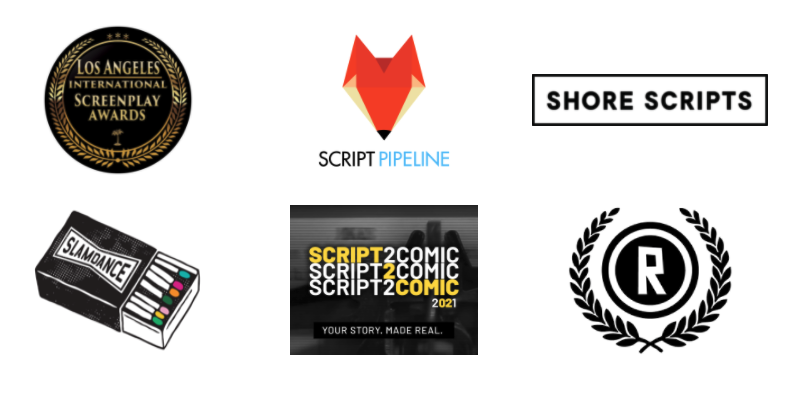
And thank you! Career Lab couldn’t be what it is without writers like you joining us.
Remember, if you want to rewatch any of the Pro Talks or download the worksheets (which are excellent for helping you craft a strategy on how you want to move forward), you can find them all on the Career Lab Dashboard.
Keep an eye out for our future events, follow us on social media, and write on.
The Coverfly Career Lab Team!





















